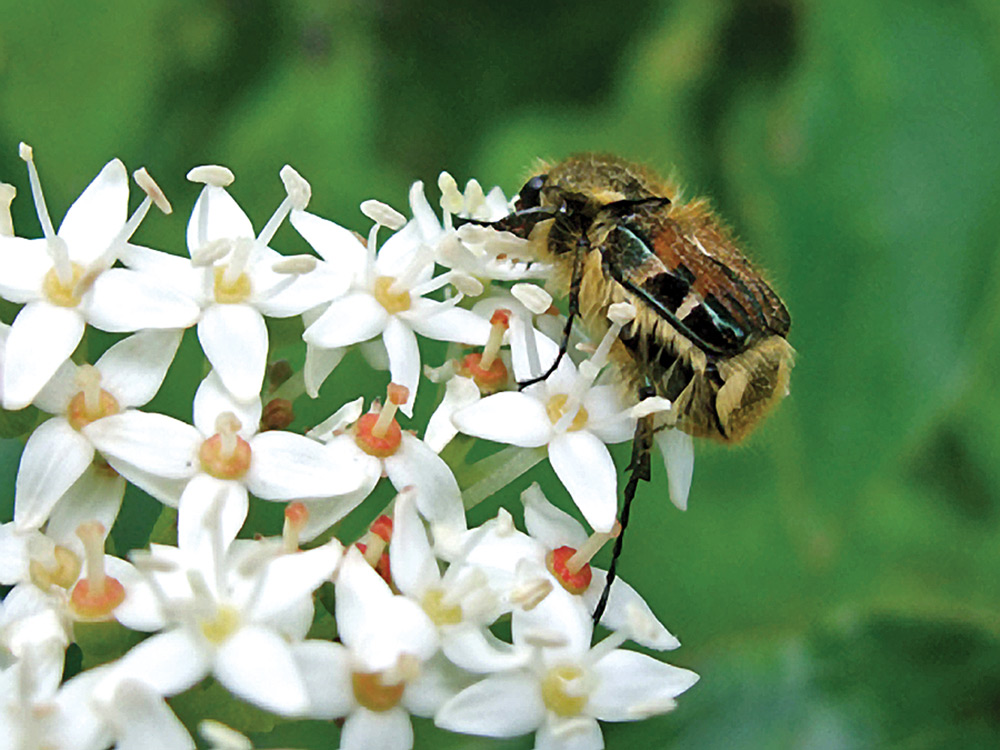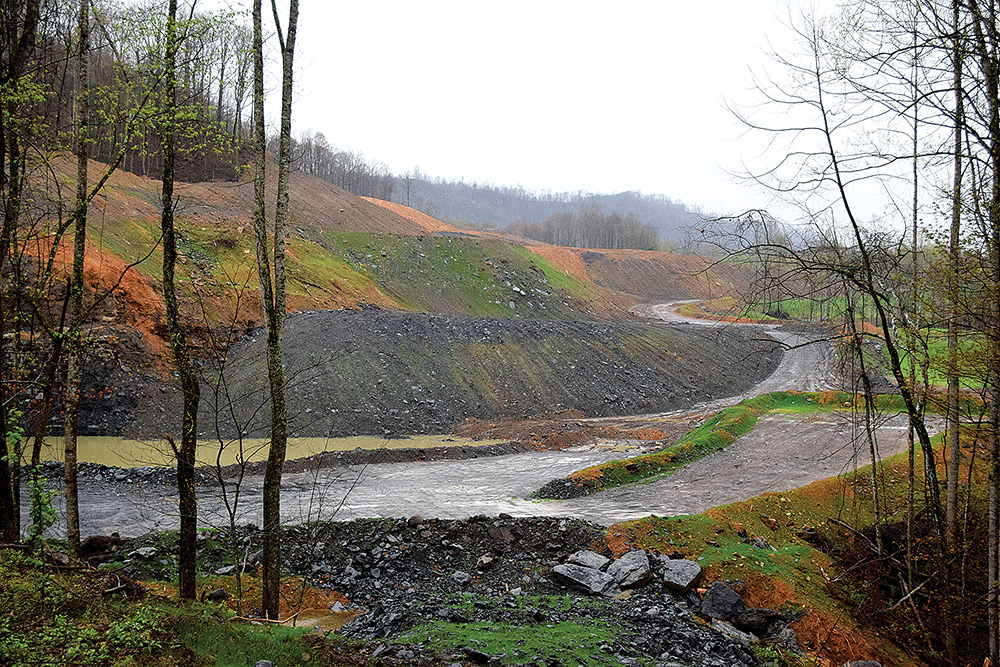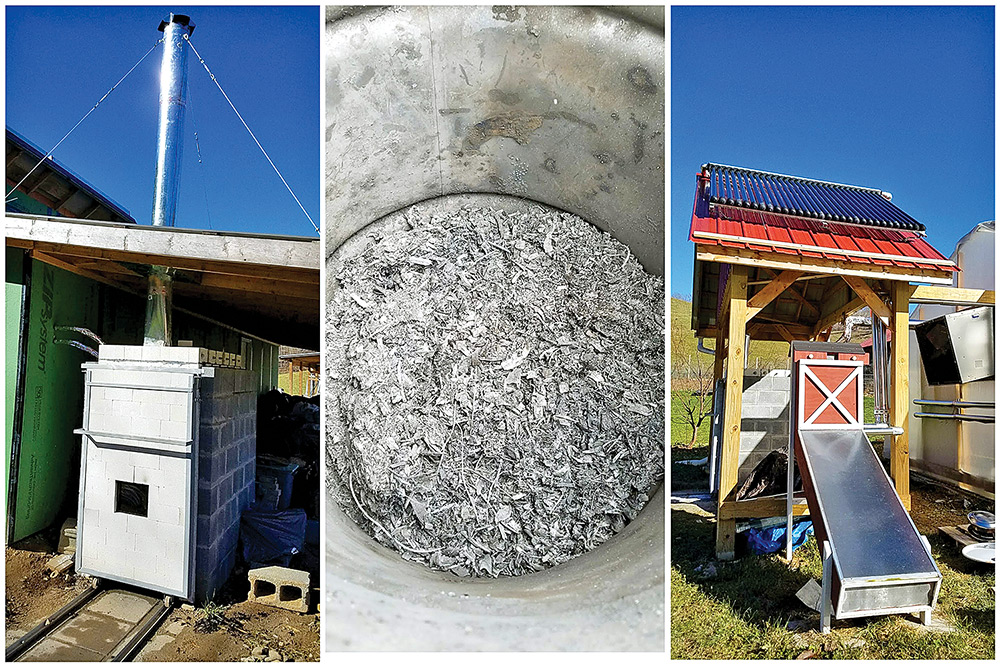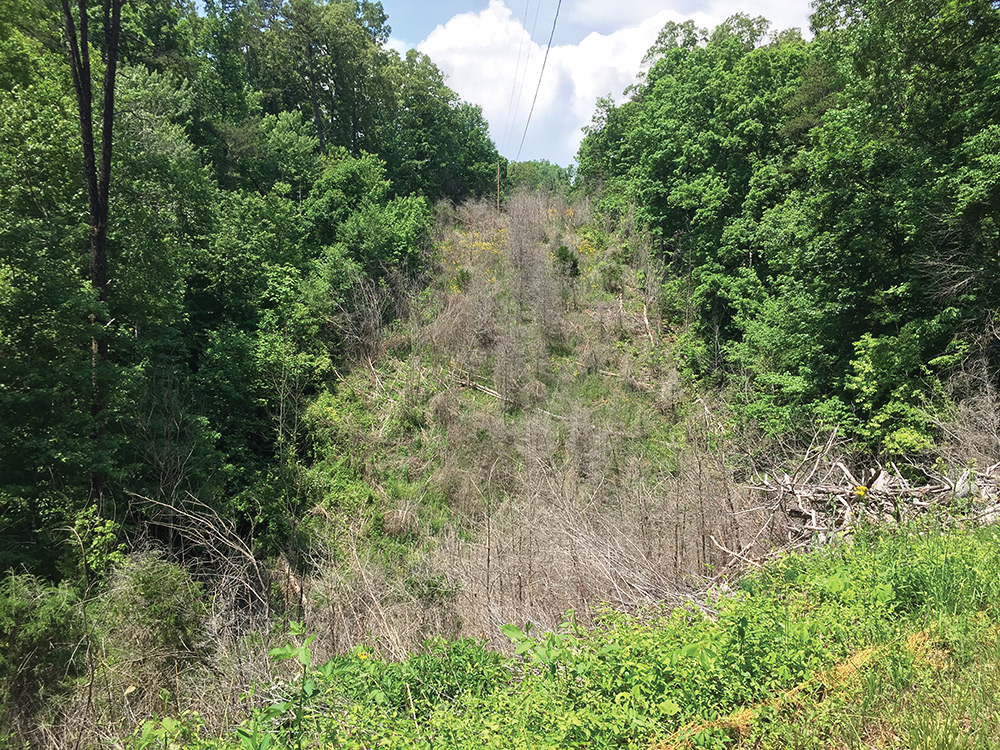2018 — June/July
Meet Appalachia’s Pollinators
Buzzing bees, hummingbirds, butterflies and more help keep Appalachia’s flora in bloom.
Read MorePipeline Resistance Grows on Multiple Fronts
Tree-sits, legal battles and more have sprung up in response to the natural gas pipelines being proposed and built across the region.
Read MoreCoal Mining Under Trump
While Central Appalachian coal jobs saw a slight bump in President Donald Trump’s first year in office, not much has changed on the national level.
Read MoreCost of Coal Mine Cleanup
Despite problems with the current system, coal companies are being granted more leeway in paying for mine reclamation.
Read MoreA Backyard Pollinator Paradise
Tips to make your yard a haven for colorful moths, hummingbirds and more.
Read MoreOne Neighborhood’s Fight for Representation
How the predominately African-American neighborhood of Walnut Tree in Stokes County, N.C., won clean water and local voting rights.
Read MoreEnvironmental Protection Agency Aims to Deregulate Coal Ash
The Trump administration’s proposal to roll back federal coal ash safeguards gives more leeway to states — and advocates worry that would put drinking water at risk.
Read MoreAn Innovative Biochar System
The Nexus biochar system boosts soil health while sequestering carbon and saving energy and money for local farmers.
Read MoreHazardous Spray
Residents and beekeepers are working with electric cooperatives to opt out of herbicide applications.
Read MoreCelebrate Moths with National Moth Week
July 21-29 is National Moth Week! This week is a time to celebrate moths and encourage everyday people to become citizen scientists by tracking moths in their area at mothing parties. At mothing parties, participants lure moths with light and food, photograph the insects, and submit their photos to any of National Moth Week’s 19…
Read More









